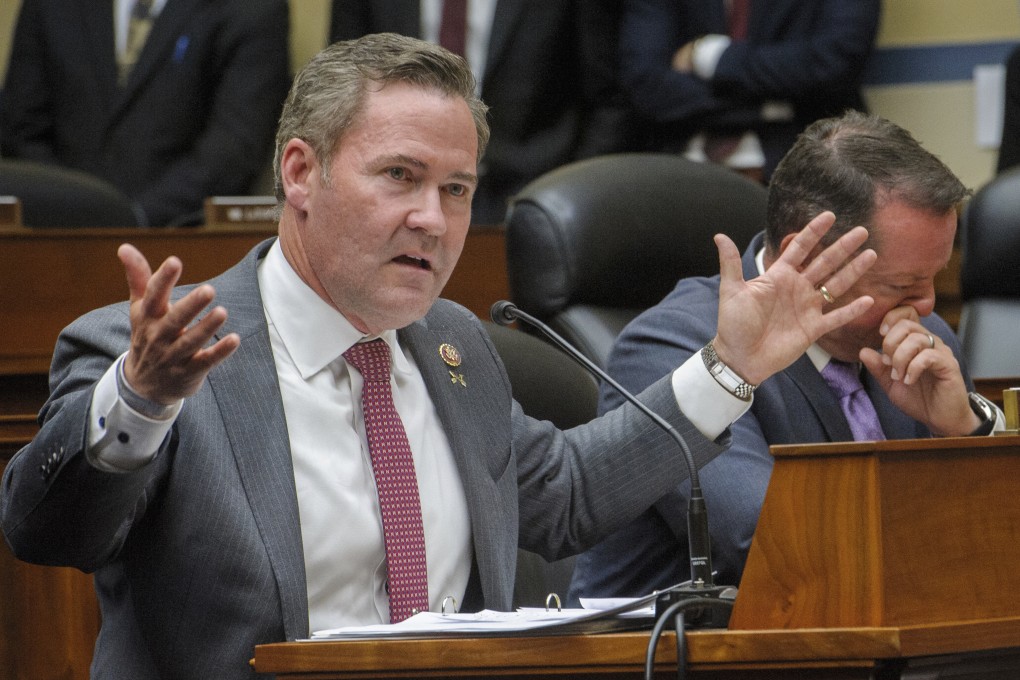Advertisement
Donald Trump’s China policy could pit deal makers against ideologues: analysts
Hardline appointees and nominees may curb his transactional impulses on issues like trade, technology and Taiwan, US-based analysts say
Reading Time:4 minutes
Why you can trust SCMP
1

Khushboo Razdanin Washington
Throughout his winning campaign, US President-elect Donald Trump pitched himself as a master deal maker, vowing to secure the best economic terms for America and insisting that doing so would restore its global supremacy.
His “America-first” mantra won over many voters – he appears to have won the popular vote as well as the Electoral College – even when many priorities he has put under the slogan diverge ideologically.
While he threatened Beijing with heavier tariffs, for example, Trump urged Taiwan to fund its own defence capability and accused the self-governing island of “stealing” American jobs in the semiconductor industry.
Advertisement
During his first term, he launched a trade war with China but struck a deal with the country after Beijing agreed to buy more American products to address the trade deficit. The agreement ultimately failed to fix the problem.
Ahead of Trump’s second term, some in Beijing view his transactional approach to foreign affairs as offering a potential path to improved bilateral ties, especially given his network of billionaire advisers, many with significant business interests in China.
But other China experts in the US have voiced less optimism based on whom Trump has announced will join his administration and those reportedly in the running.
Advertisement
Advertisement
Select Voice
Choose your listening speed
Get through articles 2x faster
1.25x
250 WPM
Slow
Average
Fast
1.25x